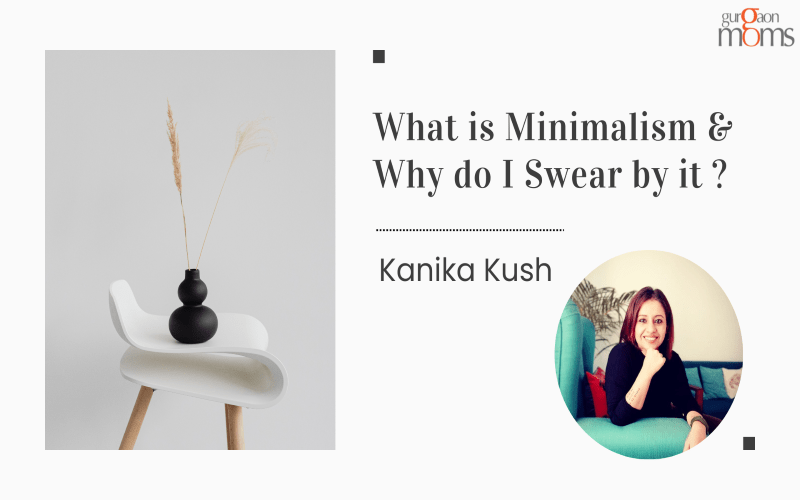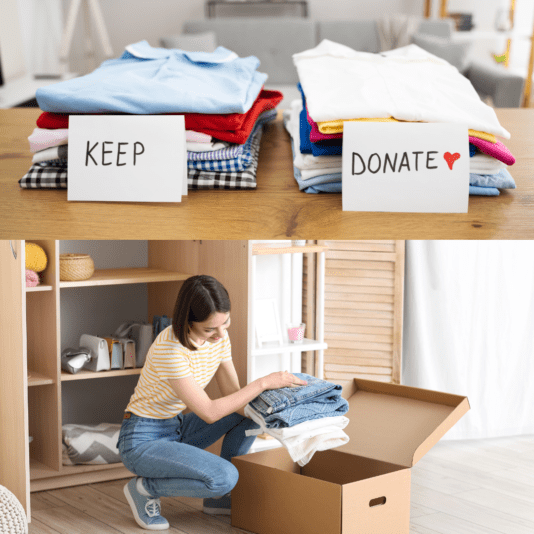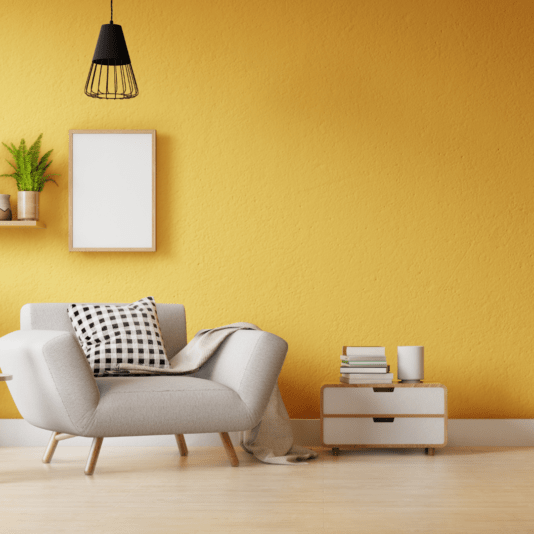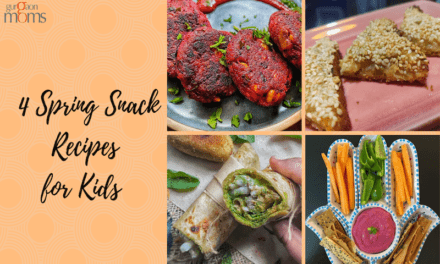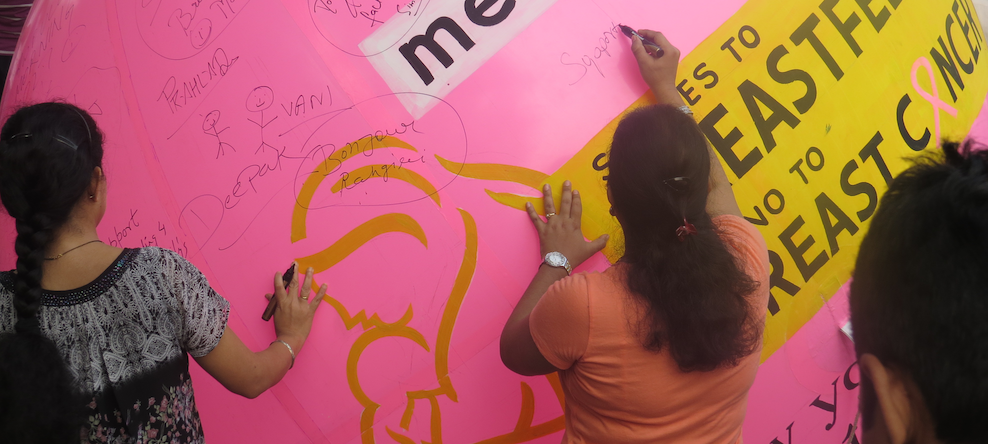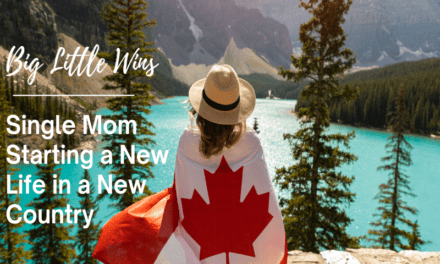“Simplicity, clarity, singleness: These are the attributes that give our lives power and vividness and joy as they are also the marks of great art.”
—Richard Holloway
I am often asked the question, “What is Minimalism Kanika and why do you swear by it?” It is a question I receive from people I have just met and from people I have known for a few years.
I typically have a simple explanation or an answer if you may, which is: “It’s a way of life where you practice the art of elimination, to get closer to what you love.” It has helped me and my family in the past 4 years of practicing it.
- It helps make decisions faster
- It helps drop negativity and toxicity faster
- It allows you to stay ‘present’ more
- It fosters an atmosphere of positivity at home
- It eliminates greed completely, and
- It gets you closer to things you love doing.
On the tangible side of things: it increases your savings; reduces expenditure; increases time for family, travel, self, hobbies, etc; and most importantly it reduces stress drastically.
Obviously, all this is an ongoing process, not a finality. But how do you get here? Where do you start? For all of you , I have structured a dialogue/conversation between someone named ‘X’ and myself ‘M’ (Minimalist), to help you understand better.
Start of dialogue:
————————————————————————————-
X: Hey M, I heard you are a Minimalist?
M: Yup, you heard right X.
X: So, are you an Indian Mary Kondo?
M: Umm, yes and no.
X: Please elaborate.
M: Mary does the decluttering of things, she teaches you how to organize your things, hence sparking joy.
X: Uh-huh, and that is different from Minimalism in……?
M: In a lot of ways. To put it simply Minimalism is the mother of decluttering. Or, through decluttering you reach the lifestyle of Minimalism.
X: Hmm, are you saying I must throw away everything I have?
M: LOL!!! No X. You just need to put thought into understanding your wants vs needs.
X: Ok, back up. This is too much hocus pocus. Tell me how to start?
M: Ok. Can you answer a few simple questions first?
X: Of course.
M: All right. What is the one habit of consumption/purchase you have that you need help with?
X: You mean where I go crazy shopping?
M: Yes.
X: Clothes
M: How many clothes do you have?
X: I cannot count. Who counts?
M: Ok, just tell me how many pairs of pants do you have?
X: Umm, the ones that fit me, about 26 pairs. The ones that do not fit about 10 (I bought them on sale and as a motivation to begin working out)
M: Why are the ones that do not fit still with you?
X: I will fit in them one day, plus they are expensive.
M: How long will that take?
X: Umm, when I start working out, after that about 6 months.
M: Hmm, can you tell me the exact date?
X: You are mad M. How can I tell you something that I do not have any control over?
M: Then why are you storing them?
X: Sorry?
M: If you do not ‘NEED’ them ‘TODAY’ or in a definite time period from now, why are they with you? Why can’t you donate/upcycle/recycle them? You will achieve the following by doing this:
- Free space
- A lesson in not purchasing expensive things that may/may not fit you in the future.
- Understanding what you need in the present and very near future (1-2 months).
- Save money.
- Pausing before mindlessly buying.
X: Ok, that makes sense. But I cannot bring myself to just give them away.
M: Can you do a quick Band-Aid rip just for the first time?
X: Yes, I could try.
End of dialogue.
Hope the above dialogue brought some clarity to those of you who are reading this. You know our world has become such, where consumption has become a forced habit. It creeps into our lives through social media, the internet, TV, print media, socialization, etc. And we fall victim to this habit innocently, and soon habitually. We all know that the 10% control the 90%. I am saying, there’s not much we can do to escape that right away, but we can definitely control our own habits to get some sense of peace and freedom in our daily lives. A sense of meaning; and not run around like headless chickens towards every sale/offer/discount that is thrown at us through clever advertising tricks that fool us into confusing our needs with wants.
Here is a quick activity:
Sit down one day and ask yourself this:
What is the bare minimum number of clothing items (that you usually wear) that you need?
Now cut it down by half. After that, remove another 10%. That is the number of items you need in that clothing type (saris/suits/western/casual/lingerie/night clothes/party wear etc)
I hear some of you say ‘But I love clothes Kanika!’ and others ‘But I’m a compulsive shopper Kanika!’
My question to you ‘Are you compensating for a lack?’
Lack of self-love, self-worth, meaning, fulfillment, attention, belongingness, purpose…anything? I know I was hoarding because of many lacks. I still hoard mindlessly when there is a lack by the way.
If you are truly happy, you will not need to rush to sales in malls or online shopping sites. When you are truly happy you jump, you smile, you hug people and you experience high energy. When you buy things, you think you are happy, but all you are doing is filling an empty cup with stuff you do not need with money that’s not coming back and furthermore fueling the monster called greed and another one called guilt. Most of us have to live with guilt, especially us mothers. Greed, on the other hand, can be controlled through Minimalism.
The opposite of greed is not scarcity, it is contentment. It is an introduction to your naked self. Literally and metaphorically. When you have nothing, you understand so much about yourself thereby getting everything. Subsequently, you understand what material things you really need and you buy them with happiness and enjoy them too and happily. You restart. You go inward to come back outward again. Less is more starts making sense. It starts to percolate in every sphere of your life.
Less stress is more joy.
Less food is more energy.
Less noise is more music.
Less clutter is more space.
Less greed is more meaning.
Less chasing ‘things’ is more time on your hands.
Less clutter in your mind is more clarity and focus on things you love.
Less anxiety is more peace.
All of the above allow you to get on the path of achieving your highest potential. It allows you to live in the present. A lot of inconsequential situations/ things/people dissolve and evaporate. You have more hours in the day to do things you love.
I would like to conclude by saying: I am no perfect example of a Minimalist, but I am definitely an example of a true Minimalist. I keep course correcting regularly too because I meander as well when greed creeps in. Over so many years of practicing it, I also realized how it is not a goal or an end, but a journey. Today, my home is full of books and plants and wall art, but it has hardly any artifacts/wall hangings/unnecessary furnishings. You may love furnishings, and have more of those, but less of things that do not bring any meaning to you.
What I’m trying to say is that the first step towards adopting a Minimalist lifestyle is to truly understand the difference between ‘wants’ and ‘needs’. The rest follows on its own. If it does not, I am a phone call away!
Please check out my videos (90 of them) on Minimalism on possibly everything at:
Cheers! And have a wonderful day!

